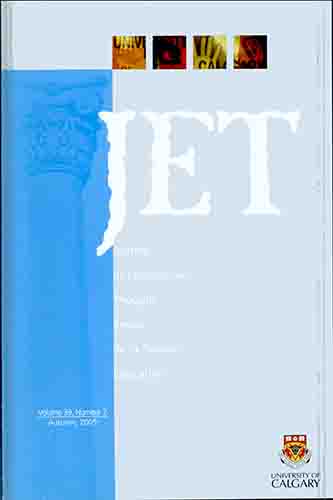Ethical Dilemmas Facing Action Researchers
DOI:
https://doi.org/10.55016/ojs/jet.v39i2.52622Abstract
The Tri-Council Policy Statement, which has its roots in the Nuremberg Code, specifies ethical obligations of Canadian researchers. The need for such regulations is evident in a number of studies which have shown complete disregard for the rights of human beings, studies which have continued into the current millennium. Teachers who conduct research in their own classrooms encounter ethical dilemmas in common with external researchers, but they also face unique challenges. Following a summary of 13 ethical issues facing educational researchers in general (e.g., students' ownership of their written work; anonymity vs. acknowledgment of accomplishments), this paper explores problems which are particularly troublesome for teacher-researchers: the ability of students to refuse to participate, and students' rights to the best instruction, be it experimental or control. For some types of teacher research, the problems surrounding informed consent can be addressed by having a third party manage the consent forms and data collection.Downloads
Published
2018-05-17
Issue
Section
Articles
License
The Journal of Educational Thought retains first publication rights for all articles. The Journal grants reproduction rights for noncommercial educational purposes with the provision that full acknowledgement of the work’s source be noted on each copy. The Journal will redirect to the appropriate authors any inquiries for further commercial publication of individual articles. All authors wishing to publish in JET will be asked to fill in and sign a Consent to Publish and Transfer of Copyright agreement.
Authors must affirm that any submission to JET has not been and will not be published or submitted elsewhere while under considration by JET.

